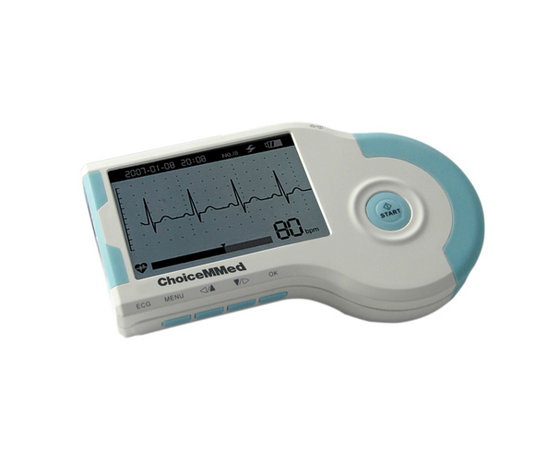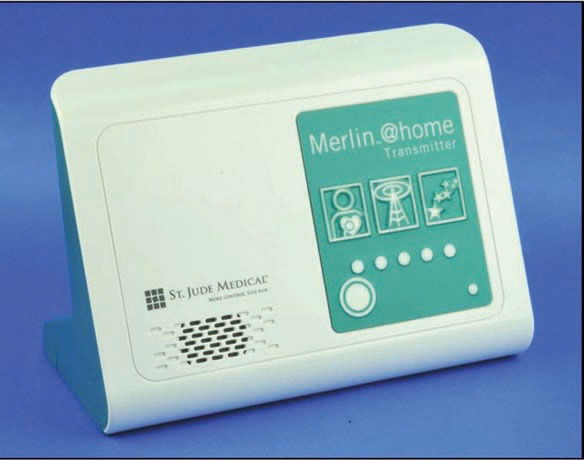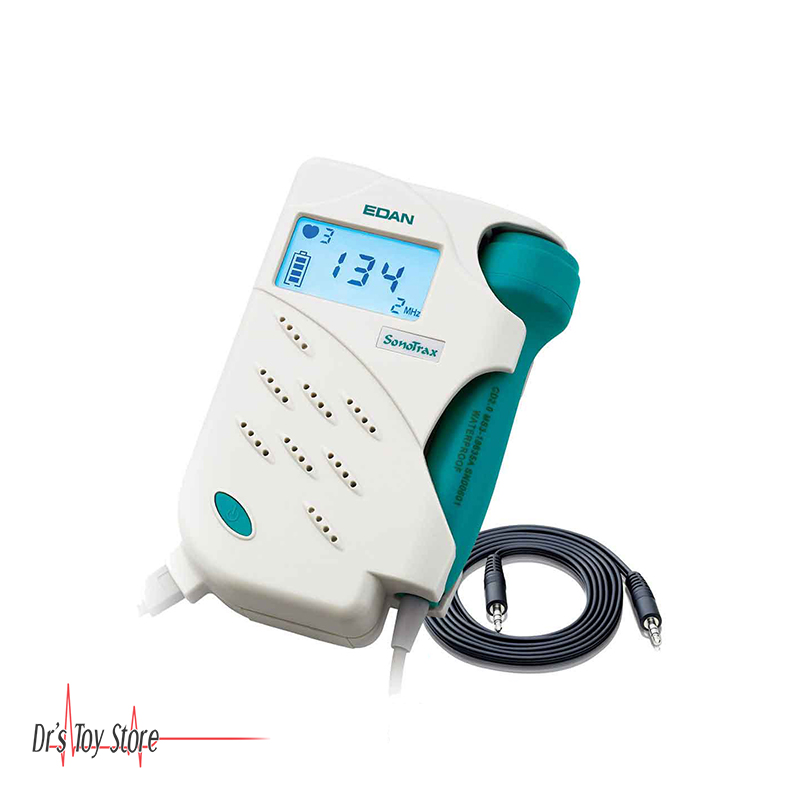
The NICaS (NonInvasive Cardiac System) from NI Medical in Kfar Mallal is being used in many countries to facilitate diagnosis and guide therapeutic management of patients with heart failure and other conditions before, during and after surgery.

Kyma Medical Technologies in Kfar Saba recently received CE approval for its next-generation ♜or System, a platform to monitor a patient’s chest fluids, along with other vital signs, in clinical and home environments. “We look forward to seeing how treatment based on accurate lung fluid measurement may help keep patients safe at home and potentially reduce hospitalizations and perhaps even mortality.” John Cleland, chairman of clinical cardiology at the National Heart & Lung Institute of Royal Brompton & Harefield Hospitals in London, and a member of Sensible’s Physician Steering Committee.

Identifying and appropriately managing congestion is challenging,” said Dr.
#At home heart monitor driver
“Worsening congestion is a key driver of hospital admission and mortality in patients with heart failure. The system will be introduced via commercial pilots in Europe together with Boston Scientific Corporation. Last year, Sensible Medical Innovations of Kfar Neter received Europe’s CE mark for its ReDS Wearable System for measuring and monitoring lung fluid in hospital, clinic and home. Most hospital readmissions of CHF patients are due to lung edema (swelling) caused by excess fluid, so it makes sense to identify and treat fluid buildup before edema sets in. While atrial pressure cannot be adequately measured from outside the body, several Israeli companies are taking a different tack by developing noninvasive devices to monitor congestion in the lungs. Goldshtein believes the technology infrastructure will have additional applications ahead. The 10-person company has a subsidiary in Ohio to oversee this next stage. It took about four years to develop the first working model of the Vectorious device, expected to be tested this coming year in collaboration with American and Israeli cardiologists. That breakthrough American device already is reducing readmissions by up to 40%, and Goldshtein believes Vectorious can be even more effective. Goldshtein says left atrial pressure provides earlier and more specific indication of cardiac deterioration than does the CardioMEMS device approved by the US Food and Drug Administration last May for measuring pulmonary (lung) artery pressure. With the push of a button, patients with the Vectorious implant would get a pressure reading from their heart’s left atrium, which will enable optimal adjustment of their medical treatment. Vectorious is developing an implantable monitoring device. “Our solution will make daily monitoring a routine activity for congestive heart failure patients and their physicians, similar to glucose monitoring for diabetes patients,” predicts cofounder and CEO Oren Goldshtein. Among the investors is the Global Cardiovascular Innovation Center of the Cleveland Clinic.


Vectorious Medical Technologies of Tel Aviv recently closed a $5 million financing round for the development of its miniature wireless hemodynamic monitoring sensory implant toward first human trials. Here we’ll take a look at some Israeli companies developing better ways to manage and monitor this progressive condition, to improve patients’ quality of life and avoid repeated hospitalizations. Israeli devices such as Impulse Dynamics’ Optimizer III and BioControl Medical’s CardioFit offer novel treatment options for CHF. About half that amount stems from hospital readmissions - 25 percent of heart-failure patients are readmitted within a month, and half within six months. The related cost in the United States alone is estimated at up to $40 billion. Chronic congestive heart failure (CHF) is the primary cause of hospitalization in people over the age of 65, affecting about 26 million people globally.


 0 kommentar(er)
0 kommentar(er)
